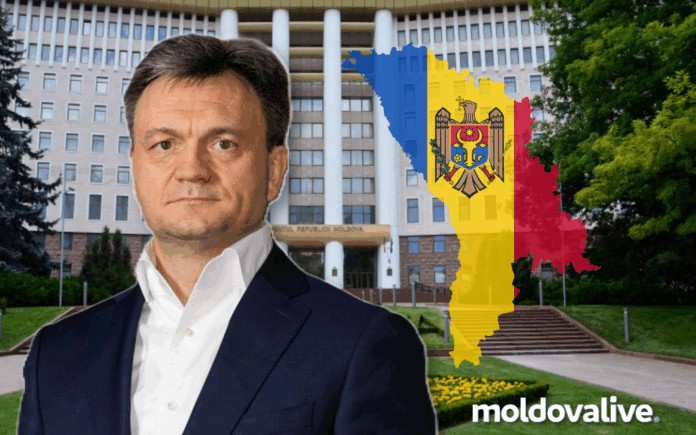Between 2025 and 2028, the Government of the Republic of Moldova will implement a national action plan to commemorate the victims of political repression under the communist regime. The Cabinet of Ministers will approve the initiative, which includes a wide range of educational, cultural, and memorial activities.
Education and Teacher Training
The Ministry of Education will lead efforts to train teachers to address the topic of communist repression competently in the classroom. It will also review and revise history textbooks to ensure they accurately and comprehensively cover the period.
To deepen historical understanding, the government will organize study visits for teachers to post-communist countries that also experienced repression. These visits will allow educators to exchange best practices and gain a deeper understanding of this shared legacy.
FOR THE MOST IMPORTANT NEWS, FOLLOW US ON TWITTER!
“Week of Remembrance and Gratitude”
Educational institutions across the country will host an annual “Week of Remembrance and Gratitude,” featuring:
- Film screenings
- Debates
- Public lectures
- Museum visits
- Student competitions focused on totalitarianism, deportations, and the Soviet-engineered famine in Bessarabia.
These events aim to foster critical thinking, historical awareness, and civic responsibility among students.
Cultural Commemoration
The government will also invest in constructing monuments dedicated to the heroes of the anti-communist resistance, reinforcing national memory and paying tribute to those who stood against repression.
Promoting Democratic Values
Officials emphasize that this plan reflects Moldova’s commitment to democracy, human rights, and the rule of law. By preserving the memory of totalitarian injustices, the initiative seeks to:
- Promote civic education
- Encourage national reflection
- Reaffirm democratic principles
- Build a future where people know, understand, and accept the past.
Through these actions, the Moldovan government seeks not only to honor the victims of communist repression but also to strengthen collective memory and prevent such tragedies from ever happening again.


